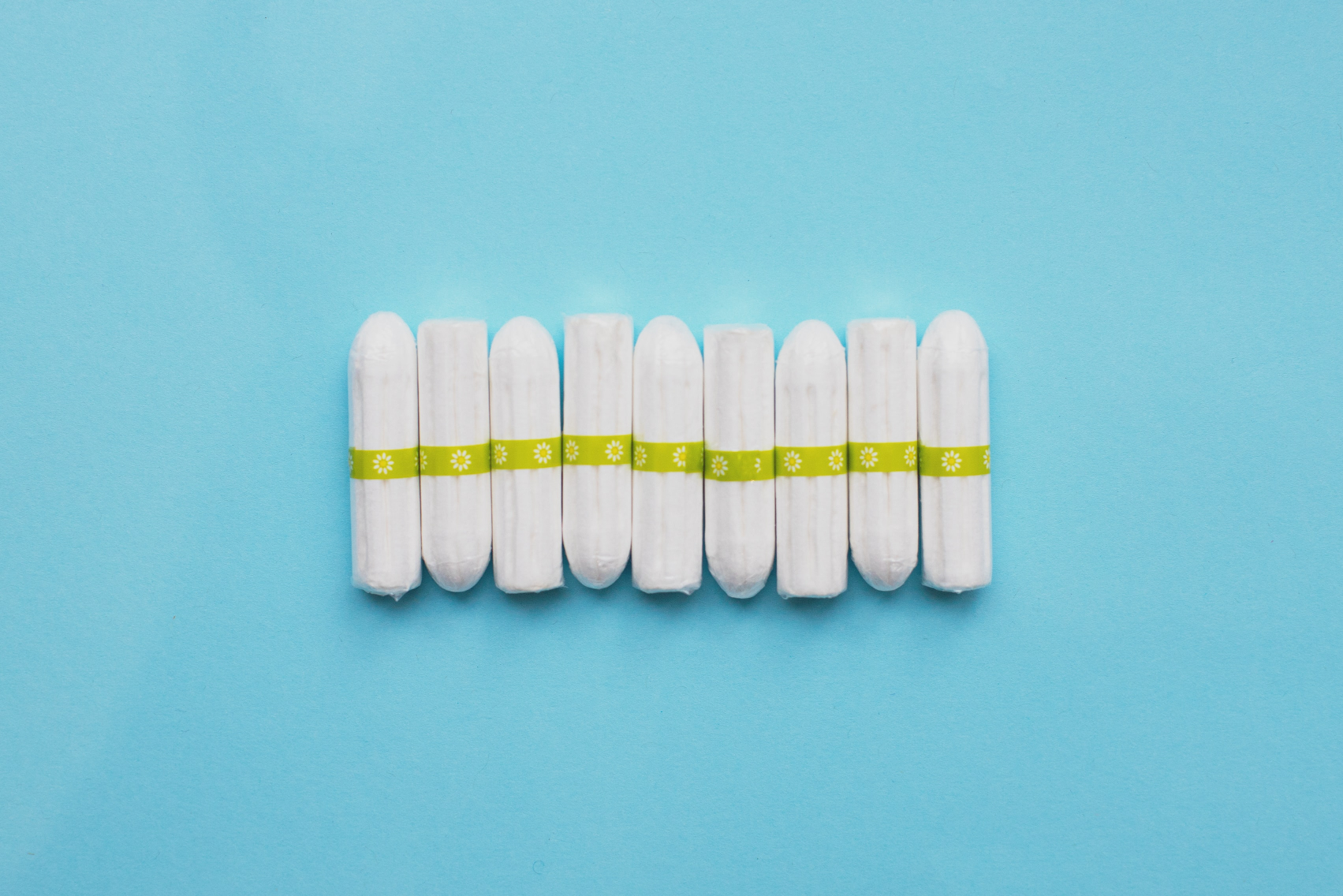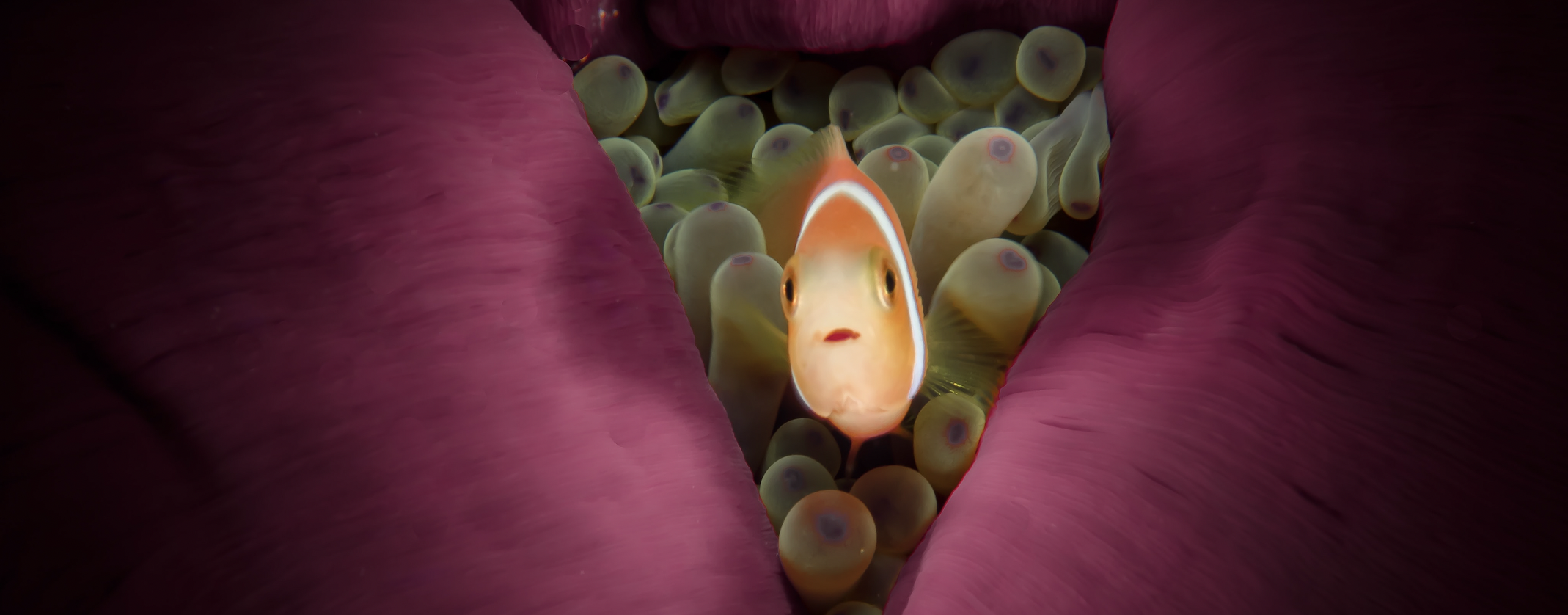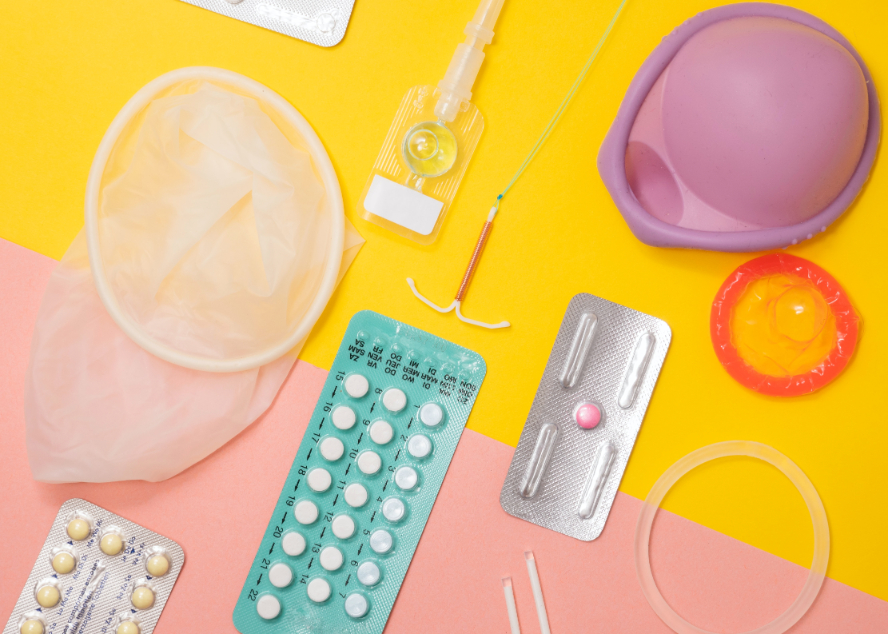

Knowledge
The Role of Folate When You’re Trying to Conceive
Folate is a key nutrient that helps your body work as it should, and it’s even more important during conception and pregnancy. This vitamin plays a key role in a baby’s first weeks of development in the womb. If a pregnant mother is folate deficient, she has an increased risk of neural tube defects, which can result in serious problems for the baby or death. In this factsheet, you’ll learn all about recommendations for folic acid intake, what neural tube defects are and how to reduce your risk, to help you and your baby stay healthy during pregnancy.
What Is Folate?
Folate is a water-soluble B vitamin, commonly known as vitamin B9. It has many important functions for your body, especially if you are planning a family. Our bodies can’t make folate on our own so it’s an ‘essential nutrient’ that we need in our diet.
Folate is naturally available in many foods. But it’s hard to get all the folate we need daily through food alone. Current guidelines recommend all women of reproductive age to take a 400 microgram folic acid supplement, which is the manufactured form of folate, each day, in addition to eating a healthy diet containing folate.You’ll find folic acid in store bought multivitamins or at higher doses in special pregnancy supplements.
When to Start Taking Folic Acid
Even if you’re not trying to get pregnant yet, it’s recommended to start taking folic acid. This is because the positive effects of this nutrient on your diet and future pregnancy are only effective when taken early enough. An egg needs about 3 months to mature, and folic acid supports this process.
Additionally, it can be hard to tell if you are folate deficient as the symptoms are quite subtle. Symptoms of folate deficiency are fatigue, headaches, and irritability. That’s why doctors recommend getting your daily intake of folic acid even if you aren’t trying to conceive.
Why Is Folic Acid Important During Pregnancy?
The reason folate is so important is that it is a key nutrient for the baby to grow and develop properly. And it matters for your body’s functioning too.
Folate aids the process of metabolism of amino acids. Amino acids are organic compounds that combine to form the proteins in your body. They are commonly referred to as the building blocks of protein. Many of our body’s structures and functions, including our muscles, cartilage, bones, skin, and blood, need proteins to work as they should, including.
If a pregnant woman has a folate deficiency, a complication called ‘neural tube defects’ can happen. Neural tube defects tend to cause pregnancy loss. Folate helps to prevent the neural tube defects that can cause pregnancy loss.
But a dietary deficiency of folate alone does not cause these neural tube defects. Experts believe that folate works together with many other factors in the body to support healthy cell division and promote the normal growth and development of the baby.
All in all, folic acid is probably the single most important vitamin for you to take before and during your pregnancy.
How Do Neural Tube Defects Occur?
When the baby is still a tiny developing cluster of cells in the womb, called an embryo, one of the first things to grow is the neural tube. It starts as a tiny, flat groove and becomes a tube by the end of the first month of pregnancy. The neural tube later develops into the baby’s spinal cord and brain.
But if the neural tube doesn’t close completely, birth defects can happen. This can lead to serious problems for the baby, including death. The most common neural tube defects are spina bifida and anencephaly.
Spina bifida
The bones in the spine don’t close all the way, and bits of the spinal cord poke out. Children born with spina bifida may be unable to move their legs and have issues with bladder control.
Anencephaly
The brain doesn’t develop properly, and the baby is missing parts of the brain, skull, and scalp. This leads to miscarriage, stillbirth, or the baby dying shortly after birth.
Neural tube defects are some of the most common types of birth defects, affecting about 3,000 pregnancies per year in the U.S. Thankfully, there are some things you can do to reduce the risk of neural tube defects affecting your baby.
How to Reduce the Risk of Neural Tube Defects
Getting your recommended daily allowance of folate is extremely important to help the baby grow normally and prevent neural tube defects.
Eating a healthy, balanced diet full of foods rich in folate will help you on your way to a healthy pregnancy. Researchers have found that nutrition may also play a role in the time it takes to get pregnant. Overall, experts agree that a healthy mother equals a healthy baby.
Folate Rich, Fertility-Boosting Foods
To get your fix of folate in your diet and promote fertility, add these foods to your regular meals:
- leafy green vegetables
- broccoli
- eggs
- beets
- citrus fruits
- lentils
- seeds and nuts
- wheat germ
- asparagus
Love it or hate it, asparagus is also rich in riboflavin, also known as vitamin B2, which plays a major role in making folate. Vitamin B2 deficiency can interfere with how cells use folate. As if that wasn’t incentive enough, deficiency of this key nutrient is also linked to high blood pressure in pregnancy, a complication called preeclampsia. On top of eating a folate-rich diet, you can take a folic acid supplement to reduce the risk of neural tube defects.
Folic Acid Supplements
Be sure to get 400mg of folic acid per day in the form of a supplement. Folic acid supplements usually have other B vitamins too, known as the vitamin B complex, which are crucial to healthy nutrition during pregnancy. The vitamin B complex refers to eight B vitamins which play an important role in your strength and health as a mother while your baby is developing.
If you are taking a pre-pregnancy supplement, it may have enough folic acid and B vitamins in it. But many supplements have too little or poor-quality sources of pregnancy vitamins in general, including folic acid. LEVY’s doctors are happy to advise you on which supplement to take.
Some women who are at a higher risk for neural tube defects are recommended to take higher doses of folic acid when trying to conceive. Conditions that increase the risk of neural tube defects include hyperhomocysteinemia (high levels of a protein building block in your blood), diabetes and epilepsy If you’ve already had a pregnancy affected by a neural tube defect, it’s also recommended to take more folic acid when trying to get pregnant. Talk to LEVY’s doctors or your provider about the dose that’s right for you.
Takeaway
Supplementing with folic acid and eating a healthy diet of folate-rich foods is important while you’re trying to conceive and is even advised in the months before you try to conceive. Getting the daily recommended amount of folate helps lower the chance that your future baby has neural tube defects, a common birth defect. LEVY tests for conditions caused by too low folate levels.
Sources
Recommendations: Women & Folic Acid | CDC. Accessed 06. November 2021. Folic Acid Homepage, Center for Disease Control and Prevention, U.S. Department of Health & Human Services.
Sadler T: Embryology of neural tube development. Am. J. Med. Genet. 2005;135C: 2-8.
https://embryology.med.unsw.edu.au/embryology/index.php/Week_3. Accessed 06. November 2021. Hill, M.A. (2021, November 5) Embryology Week 3. Retrieved from UNSW Embryology.
What Are the Mesoderm, Ectoderm and Endoderm Tissue? (reference.com). Accessed 06. November 2021. What Are the Mesoderm, Ectoderm and Endoderm Tissue?, Ask Media Group.
Kandel ER, Schwartz JH, Jessel TM, eds. (2000). “Ch. 17: The anatomical organization of the central nervous system”. Principles of Neural Science. McGraw-Hill Professional. ISBN 978-0-8385-7701-1.
Gilbert SF. Developmental Biology. 6th edition. Sunderland (MA): Sinauer Associates; 2000. Formation of the Neural Tube. Available from: https://www.ncbi.nlm.nih.gov/books/NBK10080/
Colas JF, Schoenwolf GC: Towards a cellular and molecular understanding of neurulation. Dev Dyn. 2001;221(2): 117–145.
Greene ND, Copp AJ: Neural tube defects. Annu Rev Neurosci. 2014;37:221-42.
Copp AJ et al: Spina bifida. Nat Rev Dis Primers. 2015;1:15007.
Facts about Anencephaly | CDC. Accessed 06. November 2021.Birth Defects Homepage. Center for Disease Control and Prevention, U.S. Department of Health & Human Services.
Nikolopoulou E et al: Neural tube closure: cellular, molecular and biomechanical mechanisms. Development. 2017 Feb 15;144(4):552-566. Sato K: Why is folate effective in preventing neural tube closure defects?, Medical Hypotheses, 2020;134,109429,ISSN 0306-9877.
Grieger JA et al: ,Pre-pregnancy fast food and fruit intake is associated with time to pregnancy. Hum Reprod. 2018 Jun 1;33(6):1063-1070. doi: 10.1093/humrep/dey079. PMID: 29733398.
Riboflavin | Linus Pauling Institute | Oregon State University. Accessed 06. November 2021. Linus Pauling Institute, Micronutrient Information Center, Oregon State University.
ESHRE Guideline Group on RPL, Bender Atik R, Christiansen OB, et al. ESHRE guideline: recurrent pregnancy loss. Hum Reprod Open. 2018;2018(2):hoy004. Published 2018 Apr 6. doi:10.1093/hropen/hoy004.
Genetic Screening for Birth Defects (reproductivefacts.org). Accessed 07. November 2021. American Society for Reproductive Medicine, Genetic Screening for Birth Defects, Fact Sheets.
You might also like...

Female hormones: What you need to know about reproductive hormones, the menstrual cycle, and fertility
When you’re struggling with fertility, one of the first places to look is your hormones. Certain vital reproductive hormones are in charge...
Silvia Hecher
January 17, 2024

Fertility blood test: Why does it need to be cycle days 2-5?
When you test your fertility with LEVY, you will always check your basic reproductive hormone levels (including FSH, LH, TSH, Prolactin, Estradiol,...
Lena
September 8, 2022

Forms of amenorrhea and fertility
Not getting your period is a condition called amenorrhea. It’s important for fertility because not having a menstrual cycle with monthly ovulation...
Lena
January 18, 2022

What to expect when testing your fertility with LEVY
If you’ve been trying to conceive for a while, it’s totally normal to feel frustrated. Why hasn’t it happened for you yet,...
Kayla
February 3, 2022

6 Interesting Facts About Ovaries You Might Not Know
Women have two ovaries which are located on either side of the uterus. They’re around 3-5 cm long – about the size...
Kayla
April 20, 2022

Your Complete Guide to Birth Control Options and Fertility
If you’ve been using birth control for a while, you may be wondering how it can impact your fertility now that you...
Kayla
February 21, 2022

Fertility Foods for Women to Help You Get Pregnant Faster
How you nourish your body is key not only when you have a baby in your belly, but also to help prepare...
Kayla
March 22, 2022

What your AMH levels can tell you about fertility
FSH, LH, estrogen, progesterone… If you’re struggling to have a baby, you’re probably becoming an expert on all things hormones. AMH is...
Lena
August 25, 2022

Why Vitamin D matters for fertility
Vitamin D is a very important nutrient to keep our bodies healthy and working as they should. But did you know that...
Kayla
January 18, 2022




